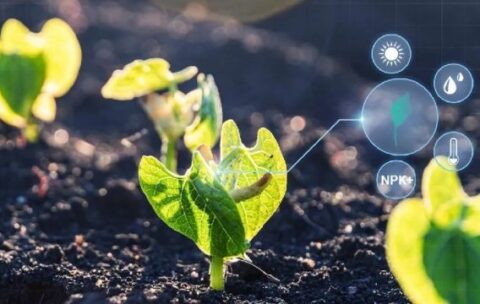Practical Applications of AI in Food Security
The Practical Applications of AI in Food Security course focuses on utilizing …
What you'll learn
- Fundamentals of AI: Understand the basic concepts of artificial intelligence and its relevance to agriculture.
- Data Collection Techniques: Explore various methods for collecting agricultural data, including remote sensing, IoT sensors, and field surveys.
- Machine Learning Models: Gain insights into building and training machine learning models tailored for agricultural applications.
- Deep Learning Applications: Discover how deep learning techniques, particularly convolutional neural networks, can be used for tasks such as crop disease detection.
- Real-World Case Studies: Analyze case studies that demonstrate the successful implementation of AI technologies in agriculture.
- Ethical Considerations: Discuss the ethical implications of using AI in agriculture and how to address potential challenges.
Integrating AI and Machine Learning for Climate-Smart Agriculture
Course Description The Integrating AI and Machine Learning for Climate-Smart Agriculture course …
What you'll learn
- Understand Climate Resilience: Gain insights into the concept of climate resilience and its significance in agriculture. Learn how climate change impacts farming and the importance of adapting practices to ensure food security.
- Explore Sustainable Practices: Discover various sustainable agricultural practices, including crop diversification, soil health improvement, and efficient water management techniques. Understand how these practices contribute to building resilience in farming systems.
- Engage in Hands-On Activities: Participate in practical workshops where you will implement climate-resilient practices. From soil health assessments to water management techniques, you will gain valuable experience that can be applied in real-world agricultural contexts.
- Develop Adaptation Strategies: Work collaboratively to create actionable plans for local farmers, focusing on how to implement climate-resilient practices effectively. Learn to assess local conditions and tailor strategies to meet specific challenges.
- Reflect on Future Directions: Engage in discussions about the future of agriculture in a changing climate. Explore the role of technology, community engagement, and policy advocacy in promoting sustainable practices.




